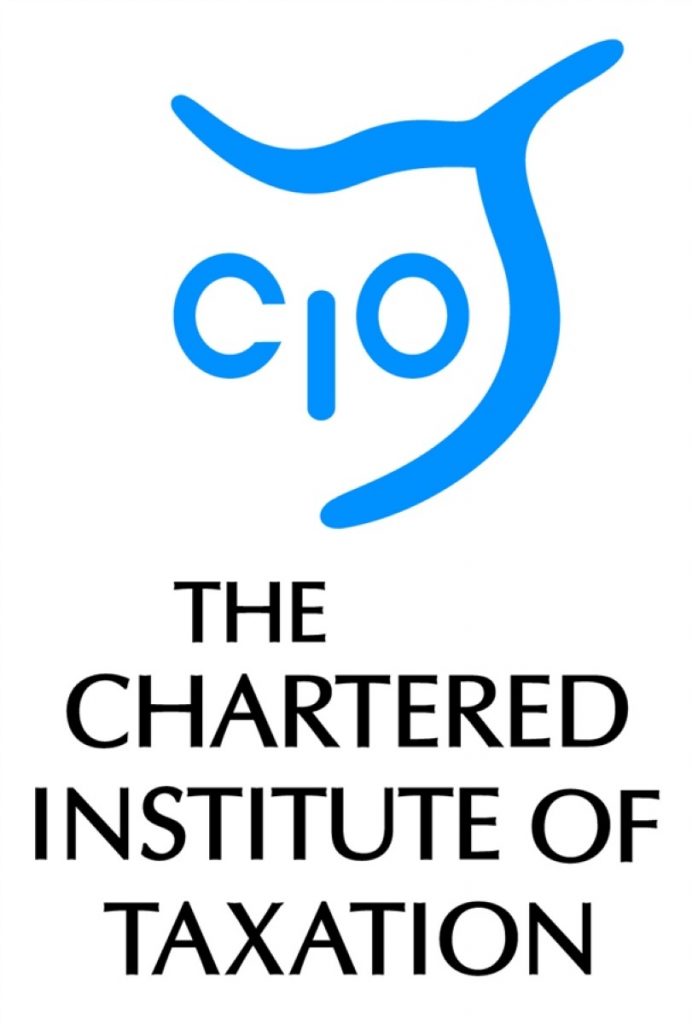The digital tax account: charity urges HMRC to respect the rights of the digitally excluded
In implementing the digital tax account and other aspects of their ‘Making Tax Digital’ programme, the Low Incomes Tax Reform Group (LITRG) has called on HMRC to respect the rulings of the courts and make proper provision for those who find it difficult or impossible to use computers.
Anthony Thomas, LITRG Chairman, said:
“We are entirely supportive of HMRC’s efforts to develop ways in which taxpayers can interact with them digitally. Proposals for a digital tax account for individuals and businesses have much to commend them.
“However, every public authority in a democracy must respect the rule of law, and HMRC are no exception. The courts have previously found that digital mandation can infringe the human rights of older or disabled people, or those who cannot access broadband easily because of where they live, if it makes no provision for their needs. Furthermore, the burdens placed on the taxpayer and businesses to provide quarterly accounting data to HMRC is huge, in spite of HMRC’s comments to the contrary. It is simply wrong to ride roughshod over the citizen and we would never support such action.”
In LH Bishop Electrical Co Ltd and Others v HMRC Commissioners [2013] UKFTT 522 (TC), three of the appellants ran their own small businesses. Two of the appellants experienced disabilities which made it excessively difficult or impossible for them to use a computer, and a third lived in a remote area of the country where broadband access was absent or unreliable. All three were of an age which made learning how to use a computer particularly difficult and they would have had to incur the cost of instructing an agent.
The judge held that the regulations which required online filing of VAT returns without providing exemptions for older people, those with disabilities or who lived in parts of the country which were too remote for broadband access, were in breach of the appellants’ human rights and were unlawful under the EU Treaty. In response, HMRC introduced regulations which allowed VAT payers whose human rights would be breached by being forced to use computers and go online to submit telephone or paper returns for VAT, and for PAYE purposes those for whom it was not reasonably practicable to use electronic means of reporting were permitted to submit paper returns.
Anthony Thomas said:
“We strongly urge HMRC to consider the needs of all taxpayers, vulnerable and otherwise, when drafting regulations about making tax digital. They cannot act in isolation without regard for the human rights of taxpayers and other provisions of the general law of the land; when making policy and promulgating regulations HMRC, like all other public authorities, must obey the rule of law.”
Note to editors
Low Incomes Tax Reform Group
The LITRG is an initiative of the Chartered Institute of Taxation (CIOT) to give a voice to the unrepresented. Since 1998 LITRG has been working to improve the policy and processes of the tax, tax credits and associated welfare systems for the benefit of those on low incomes.
The CIOT is the leading professional body in the United Kingdom concerned solely with taxation. The CIOT is an educational charity, promoting education and study of the administration and practice of taxation. One of our key aims is to work for a better, more efficient, tax system for all affected by it – taxpayers, their advisers and the authorities. The CIOT’s work covers all aspects of taxation, including direct and indirect taxes and duties. The CIOT’s 17,500 members have the practising title of ‘Chartered Tax Adviser’ and the designatory letters ‘CTA’, to represent the leading tax qualification.





-01.png)